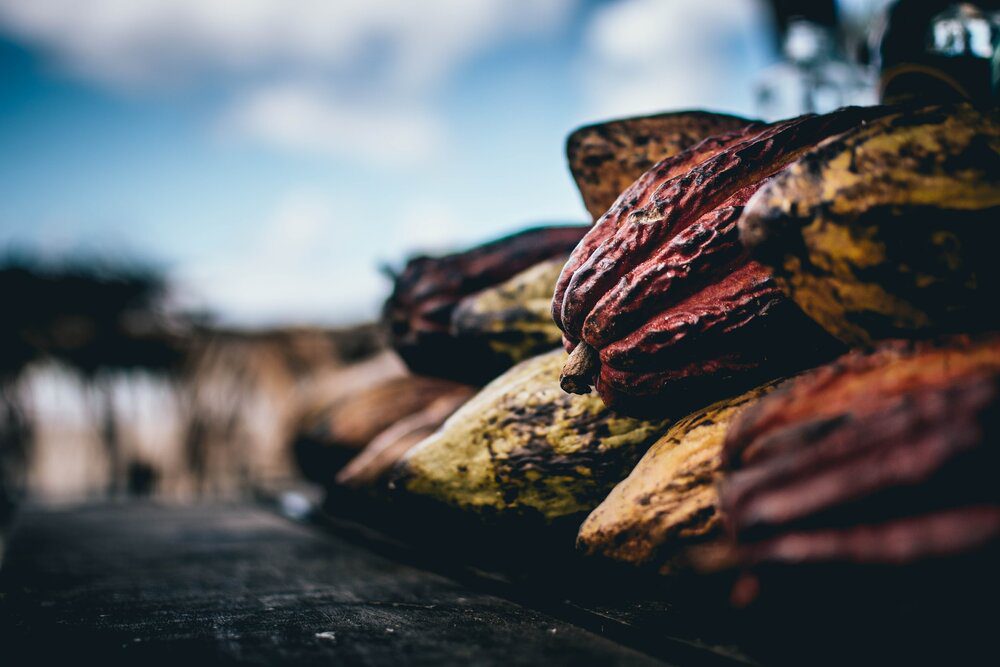Vegetables are some of the healthiest food items available at the grocery store. Apart from boosting the immune system, vegetables help convert other food items to energy for our bodies. Vegetables help build and repair cells in our bodies and also contain antioxidants which help to reduce the risk of chronic diseases. When it comes to cancer issues, vegetables can work wonders, and this is one of the reasons why dieticians often suggest that vegetables should be incorporated into our diets, especially since they are cheaper than most other food items.
In this article, we are discussing four of the healthiest vegetables available on the market. Be sure to enrich your diet and boost your health gains and immune system by adding these vegetables to your diet.

Foodie Factor/Pexels| Asparagus
Asparagus
Compared to the recommended daily intake, one cup (4.7oz/134g) of asparagus contains as much as 20% Vitamin A, 70% Vitamin K, 17% folate, 16% of Iron, 13% of Vitamin C, 13% of thiamine, and 13% of copper. It also contains copious amounts of fiber, vitamin E, riboflavin, phosphorous, and manganese in decent amounts. As one of those age-old edible vegetables that can be found in the oldest of cookbooks, Asparagus is enjoyed in many ways, including as a soup and in a salad. If we can overlook some criticism about asparagus causing smelly pee (urine), its health benefits simply cannot be ignored.
Garlic
Just like onions, Garlic comes from the allium family and has been used in medicine and traditional remedies for thousands of years. Compared to the recommended daily intake, one cup of garlic (4.7oz/136g) contains 114% Manganese, 84% Vitamin B6, 71% Vitamin C, 28% selenium while also containing significant quantities of potassium, copper, riboflavin, phosphorus, and thiamine in significant quantities. Apart from being a natural antibiotic, it is believed to help reduce high blood pressure, cholesterol, and the risk of a stroke.

Mali Maeder/Pexels | Carrots
Carrots
Compared to the recommended daily intake, one cup of carrots (4.5oz/128g) contains 428% Vitamin A, 21% Vitamin K, 14% Fiber, vitamin C, along with varying quantities of vitamin B6, folate, potassium, and manganese. Carrots also contain beta-carotene which our bodies convert to Vitamin A when needed.

Joris Neyt/Pexels| Ginger
Ginger
As a food ingredient, ginger can be used as spice, for cookies, as a vegetable, and for juice. A teaspoon (0.7oz/2g) of ginger is quite small, so the nutrients in it are not a significant quantity. However, its is used for motion sickness as a natural remedy and has medicinal properties that make it a recommended supplement for people with diabetes as it helps reduce blood sugar levels.










